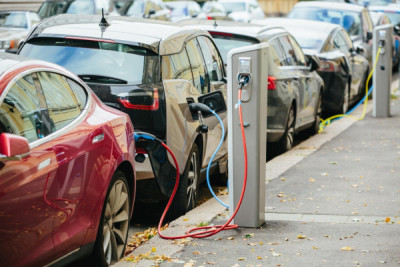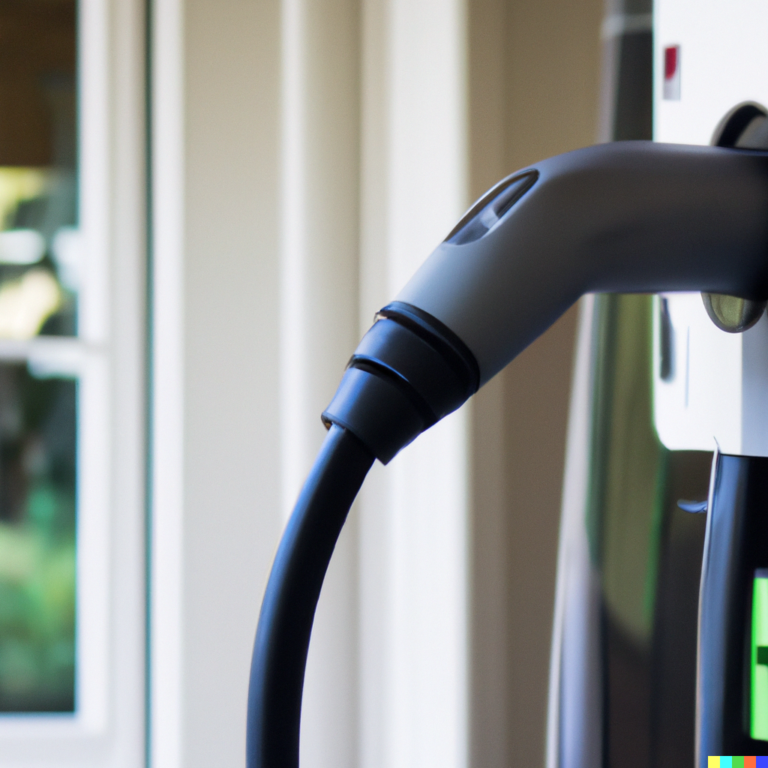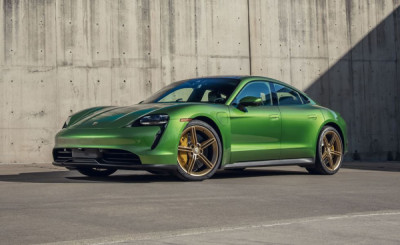
The environment and society are feeling the effects of climate change more than ever before, and people around the world are taking notice and developing a sense of environmental awareness. Climate change is a complex problem, but with increased awareness and understanding, we can make progress in finding a solution. The issue has been thrust into the spotlight in recent years as scientific evidence has become increasingly hard to ignore. As a result, people are increasingly looking for ways to mitigate the impact of greenhouse gas emissions leading to climate change whether that means reducing their own carbon footprint or campaigning for greater action from governments and businesses. There is a growing recognition globally that we need to move away from a global economy based on fossil fuels towards new technologies of renewable energy that are more sustainable if we are to stand a chance of mitigating climate change. The need for this shift has been acknowledged by an ever-growing number of countries in recent years as the damaging effects of climate change have become more and more apparent. This shift is necessary in order to create a future with environmental benefits in which our planet can continue to support human life.
Approximately 90% of the transportation sector in the United States depends on liquid fuels to function; a majority of these liquid fuels are used for gas-powered cars and passenger vehicles. Consequently, the auto industry will need to make a shift in order to reduce its reliance on fossil fuels. China is the world’s largest consumer of liquid fuels, with most of it being used to transport goods by road. A fair amount is also used for aviation in both Australia and New Zealand.
Electricity and natural gas will become important as the world looks to reduce its reliance on oil and other liquid fuels. This shift away from liquid fuels is necessary in order to reduce our dependence on fossil fuels and help combat climate change. Electricity can be generated from renewable sources such as solar and wind power, making it a cleaner and more sustainable option than petrol or diesel. Natural gas is also a relatively clean energy source, and its use is growing rapidly around the world. The primary motivators for this shift are concern over air pollution, governmental regulations related to emissions, social attitudes about electric vehicles, and advancements in technology. Air pollution has been linked to numerous serious health problems, and it’s the main concern. Government regulations are also playing a role, as more and more jurisdictions are enacting laws to limit emissions from gas-powered vehicles. Social attitudes are also shifting, as people become more aware of the dangers of air pollution and the need to take action to reduce it. Finally, technological advancements are bringing down the high costs of electrical vehicles making them increasingly practical and affordable for consumers. Private passenger cars powered by petrol and diesel are a problem because of their contribution to air pollution, traffic congestion, and noise.
It is good news that more and more countries are setting goals for how many electric vehicles they want to see on the roads, including Austria, Denmark, Japan, Korea, the Netherlands, Spain, and Portugal. Their main concerns are reducing pollution and reliance on fossil fuels. The UK and France have announced that they want all new cars to be electric and produce zero emissions by 2040. This is a major change from the current situation, where only a small percentage of cars on the roads are electric. These countries hope that this change will lead to fewer emissions, less pollution, and better public health.
There is a lot of speculation about when global oil demand will peak. According to a report just released by BP, it will happen in the next decade. The main reason for this is that electric vehicles will become much more popular, capturing one-third of the car industry.
Electric Cars
Electric cars are becoming increasingly popular in Europe and Asia, as governments seek to reduce air pollution and dependence on fossil fuels. In China, sales of electric vehicles have increased by more than 70% in recent years. Norway is also a major market for electric cars, with the number of electric cars sold up over 50%.
Electric cars are being seen as an important part of China’s plans to tackle pollution, and the government is making a number of policy changes to encourage their uptake. Incentives for consumers and businesses to buy electric cars are being introduced, and new charging infrastructure is being built. There are also plans to increase the production of electric cars in China, with a number of domestic and international companies setting up factories in the country. In order to meet this goal, by 2025, 20% of cars sold in the country must be electric vehicles. This target is ambitious but achievable with the right policies in place. Electric vehicles are more efficient than petrol or diesel combustion engines and generate zero carbon emissions, so increasing their market share is key to reducing our environmental impact. Volkswagen has responded to the Chinese government’s crackdown on pollution by announcing a $10 billion investment in China for developing relevant technology and plans to manufacture 1.5 million electric vehicles by 2025.
Rapid Shifts
According to a major Swiss bank, electric car sales will make up a significant portion of global car sales by the year 2025. The figure was 1% last year. The technology involved is evolving quickly and that may lead to more rapid changes in the coming years.
For example, the cost of batteries is getting cheaper and more efficient. The battery costs for electric models has come down from its 2010 high of a hundred dollars per kilowatt-hour. As battery technology continues to develop, the distance that electric cars can travel on a single charge is steadily increasing. Some of the latest models can be driven for more than 1000km before needing to be recharged, making them a viable option for long-distance travel.
Costs are coming down because battery technology is getting better. The total cost of ownership of an electric vehicle is predicted to fall below that of a conventionally driven car in Europe in a couple of years. Nissan estimates that by 2025, electric vehicles will cost roughly the same as cars with an internal combustion engine. This is due to advancements in technology and production methods, as well as an increase in demand for electric vehicles.
This is excellent news for drivers who want to buy an affordable, environmentally friendly car. With more choices on the market, prices are sure to become more reasonable. This means that drivers will be able to find a car that meets their needs without breaking the bank. The shift to electric vehicles will result in fewer jobs because they have fewer moving parts. Electric vehicles require fewer factory workers to assemble them and fewer supply chains for getting the necessary parts. With fewer moving parts, the market for spare parts and maintenance will decline.
As the automotive industry shifts increasingly towards electric vehicles, traditional auto workers may find their jobs at risk. Large factories that mass-produce gasoline-powered cars are becoming increasingly obsolete, and as a result, many existing car workers will lose their jobs. However, this shift will also create many new jobs in fields such as engineering and battery production. Accordingly, the transition to electric vehicles will create both winners and losers.
On the other side, new markets could open up. Saudi Arabia is one of the world’s largest oil-producing countries and the leader in the transportation of fossil fuels. However, with the rise of electric vehicles, this could all change. Saudi Arabia would need to find a new way to make money, as electric cars don’t use oil. This could be a good thing or a bad thing, depending on how the country adapts. Chile, which has the largest lithium deposits in the world, may become the new Saudi Arabia because lithium is essential to manufacture batteries for electric cars. This would be a huge boon for the Chilean economy and could help them to achieve dominance in the global market for electric vehicles.



